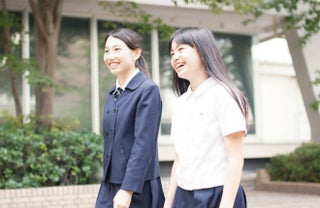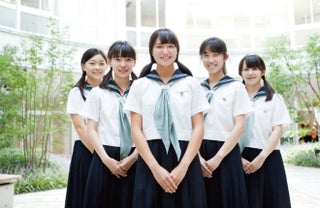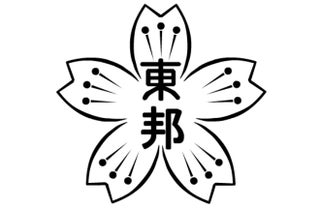~Journey to the Ministry of Foreign Affairs in Singapore~
Springでは、日本や海外の大学で学ぶ経験のあるシンガポール人の方に、日本で学ぶことの魅力や日本への興味についてお話を聞いています。
シリーズ第4回目は、教育省語学センター(Ministry of EducationLanguage Centre, MOELC)※で6年間日本語を学んだ後、米国大学留学と日本への短期交換留学を経て、今年シンガポール外務省に入省された、Junyuさんです。
※シンガポールでは、小学校卒業試験(PSLE)で上位10%の優秀な成績を収めた生徒が、中学入学後にMOELCで、日本語などの第三言語を学ぶことができます。
Name: Zhang Junyu
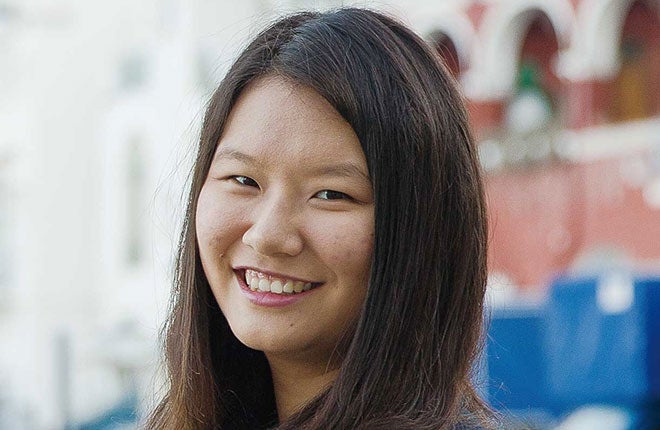
"Studying Japanese at MOELC made me ahard-working and committed language-learner,which are useful habits fordoing anything."
Education History
- Primary School: Henry Park Primary School
- Secondary School and Junior College: Raffles Girls' School (Secondary) and Raffles Institution
- University: University of Pennsylvania in Philadelphia, U.S, in the Huntsman Programme in International Studies and Business.
- Exchange Programme: Kyoto University, Japan
Q. You are currently working for the Ministry of Foreign Affairs. Please tell us about your work.
Working in MFA is my dream job. I have always been very interested in international relations since young. Working in MFA gives me the chance to stand on the sidelines of history and even affect it in some small way, and it is very rewarding. I currently work in the ASEAN departmentand it is very busy and exciting, especially before a major meeting. I sometimes have to stay late in the office, and the learning curve is very steep, but I'm enjoying it very much.
Q.How do you think learning Japanese language has helped you so far?
Other than being able to travel freely in Japan and make Japanese friends, studying Japanese helped me train the ability and habits to pickup more languages. I feel that dedication and hard work is the key to becoming proficient in any language, and Japanese is no different. We had three hours of classes in MOELC a week, and I would usually spend at least about the same number of hours a week doing homework and reading. I love learning languages, and in university, I also picked up a bit of Spanish and Russian.
Q.How did you become interested in studying Japanese language in the first place?
I am quite typical in this regard - it was anime and manga, such as Fullmetal Alchemist, Hunter x Hunter and Detective Conan, that first got me interested in Japanese. However, as I studied more and more Japanese and got to know more Japanese friends, I started to gain interest in Japan itself, and in particular in Japanese history and international relations, which I had a chance to study in my university years in US as well as in Kyoto later on.
Q.What was the most difficult part of studying Japanese language?
I must admit that I still don't have confidence in speaking in keigo - Iwill probably only be able to learn it properly if I have the chance to work for a long time in Japan in future.
The most challenging time for me in terms of studying Japanese was actually when I went to university in the US, as there were only two Japanese courses at an appropriate level offered there. I had to adjust to studying mostly by myself, and keeping the level. In fact, I often felt like I was regressing. However, I decided to take the time to bolster my knowledge of Japan by taking classes on Japanese history and international relations. Also, fortunately, my university had an exchange programme with Kyoto University, so I managed to study for a semester in Japan.
Q.How was your time in Kyoto?
It was a wonderful experience. On top of exploring in and around Kyoto, I travelled as much as I could on weekends - to Kyushu, Hiroshima, Nara, Osaka, Tokyo, Yokohama, etc.. I even spent a weekend at a Japanese friend's grandmother's house in Shikoku. One of my proudest moments was when I struck up a conversation with a Japanese family in a rotenburoin Beppu, and they thought that I was a Japanese!
As for my study, I took several courses in Japanese, such as Japanese history, Japanese urban development, and so on. My professors were very kind and helped me when I struggled with technical words in Japanese.
Q.Please share with us your impression of Japanand Japanese students you met in Kyoto.
Having studied Japanese for quite some time and lived there for asemester, I hope that I have a more nuanced view of Japan. I think Japan is very vibrant and diverse; it's far more than just a combination of all the stereotypes you can think of. I hope that my time studying Japanese and studying in Japan has given me a deeper insight into Japanese society, values and culture. I often try to explain things to my friends about Japanese culture that confuses them, such as why tea and sakura are an important part of Japanese culture, how to pray properly at a Japanese shrine, and so on.
I think that Japanese university students are friendly and intelligent. They often juggle a lot of activities - clubs, circles, working part-time, personal interests, having fun and studying. Many of the students I met in Kyoto University had big dreams and plans for their future. However, I feel that more can be done to give Japanese students an international experience, increase their engagement with the world as well as to strengthen English education in Japan.
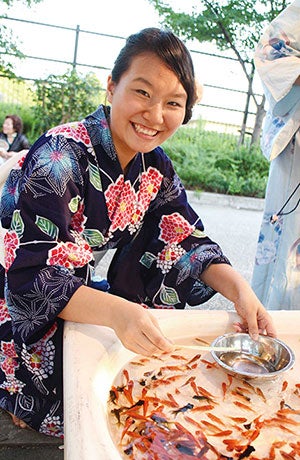 At Tenjin Matsuriin Osaka, summer 2014
At Tenjin Matsuriin Osaka, summer 2014Q.What do you plan to do in relation to Japanor your Japanese language skills?
As I am working in international relations, I believe that I will definitely have the opportunity to visit Japan or work with my Japanese counter parts in future. While I am happy to work anywhere in the world, I would enjoy a chance to return to Japan in future for work.









